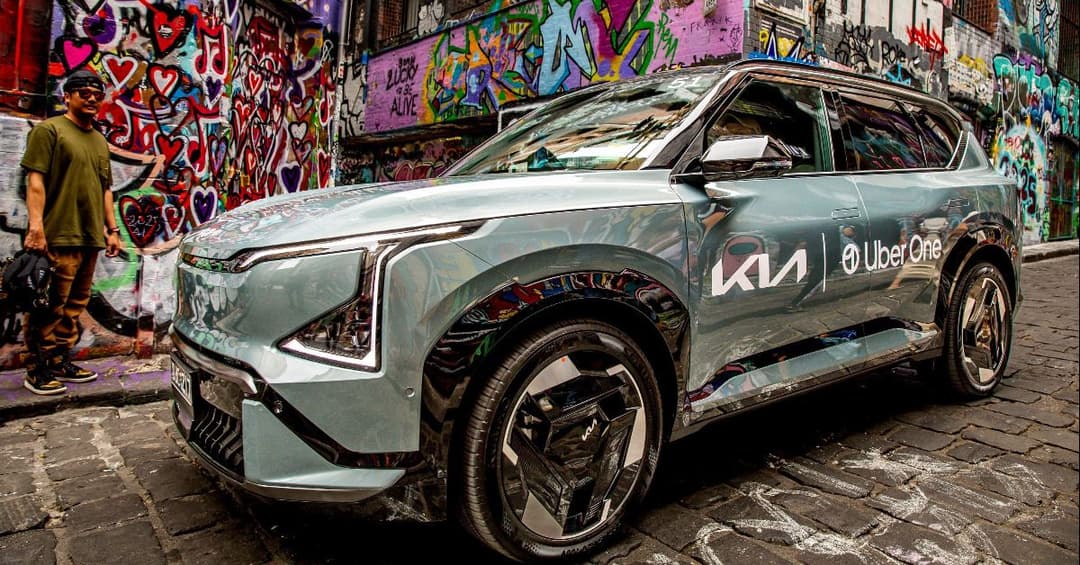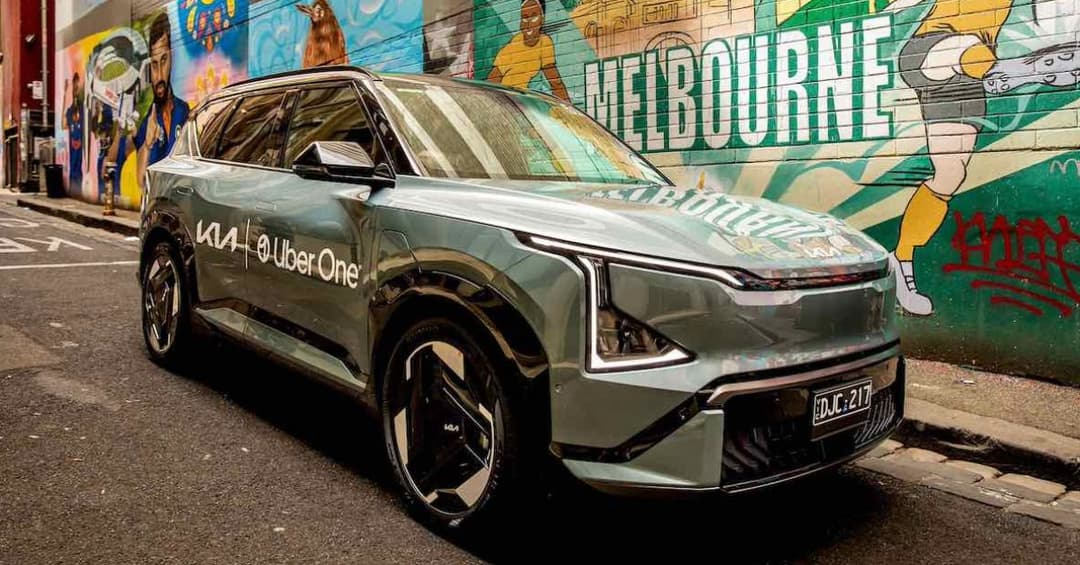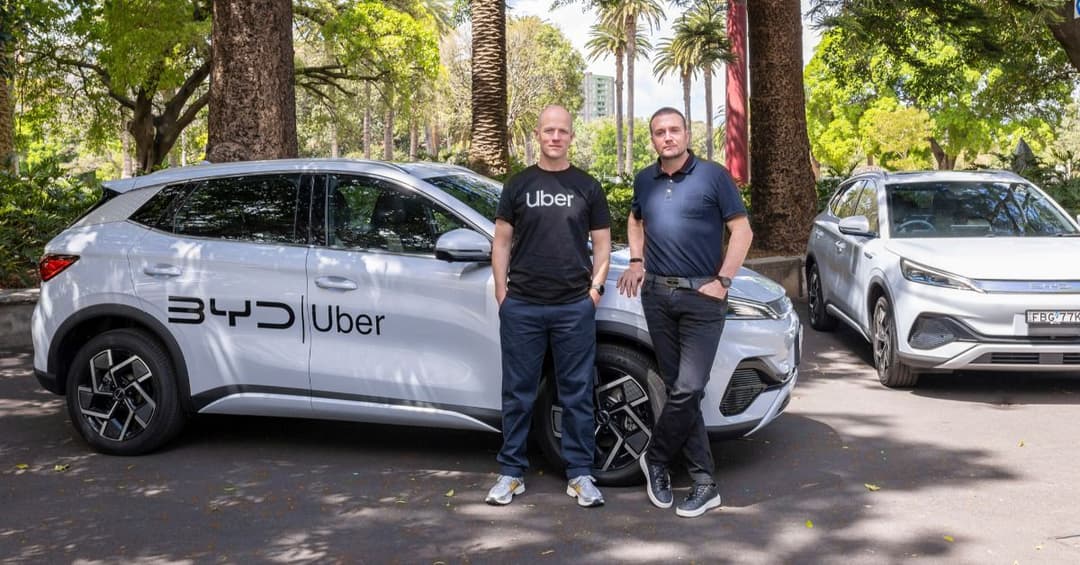Uber is considering ending the half-price service fee discount it offers to its electric vehicle (EV) drivers in Australia. The move could redirect the company's $30 million investment toward improving EV charging infrastructure. This shift comes as the company rethinks how best to support the transition to electric transport in Australia.
The decision follows a challenging landscape for electric mobility, both globally and locally. Despite recent setbacks, such as the US revoking its 2030 electric car sales target and cutting funding for EV charging infrastructure, Uber remains committed to achieving net-zero emissions by 2040.

▶️MORE: Why Uber Drivers Should Think Twice About Used Nissan Leafs?
Rebecca Tinucci, Uber's Head of Electrification and Sustainability, emphasised that while the road ahead is challenging, the company still sees Australia as a key market for electric transport growth.
"We remain determined to meet our electrification ambitions, but we also need to be strategic," Tinucci told AAP. "Australia offers opportunities for us to do more, particularly regarding charging solutions."
Since 2022, Uber has supported Australian EV drivers by offering discounts on car finance options and halving service fees for EV drivers on its platform. However, with the total cost of owning an EV approaching parity with traditional vehicles, Uber is weighing whether to continue these discounts past their expiration date on June 30, 2025.

▶️MORE: All Electric Cars Available in Australia
Tinucci suggested that the company's future investments may focus on improving charging accessibility rather than continuing financial incentives. "As we move towards parity in the total cost of ownership, our priority should shift to where our investment can have the most impact, and that's likely charging infrastructure," she said.
As the EV market grows, the need for accessible EV charging is becoming more critical.
Tinucci's comments reflect a broader change in the market dynamics for EV buyers where price is falling away as the main barrier to EV uptake, with the lack of EV charging infrastructure becoming a key barrier. For example, a mid-spec Toyota Camry Hybrid costs $47,483 drive away and a BYD Seal Dynamic, which is more feature packed costs $49,684 driveaway in NSW.
There are over 1,800 high-powered charging stations across Australia, but many areas still lack sufficient infrastructure. All levels of government are actively looking to fund more EV charging infrastructure.
For example, the Australian Renewable Energy Agency (ARENA) is investing in charging infrastructure, with a $2.4 million commitment to install 250 additional charging points over the next two and a half years. These initiatives come as state governments phase out purchase rebates, highlighting the importance of accessible and affordable charging options for EV drivers.
▶️EXPLORE: ARENA Reveals Huge EV Charging Upgrade

Uber's decision on whether to continue its driver discounts will significantly impact Australia's electric vehicle ecosystem in the near future. With the proper infrastructure, the transition to electric mobility could accelerate, benefiting drivers and the environment.
Stay up to date with the latest EV news
- Get the latest news and update
- New EV model releases
- Get money savings-deal
